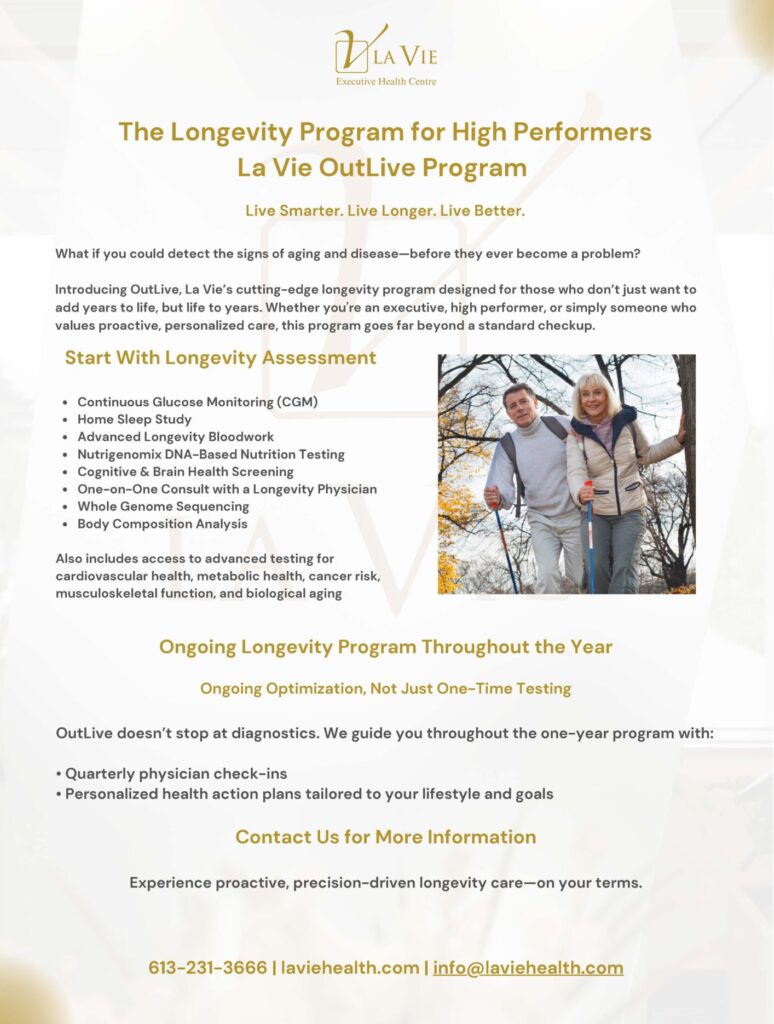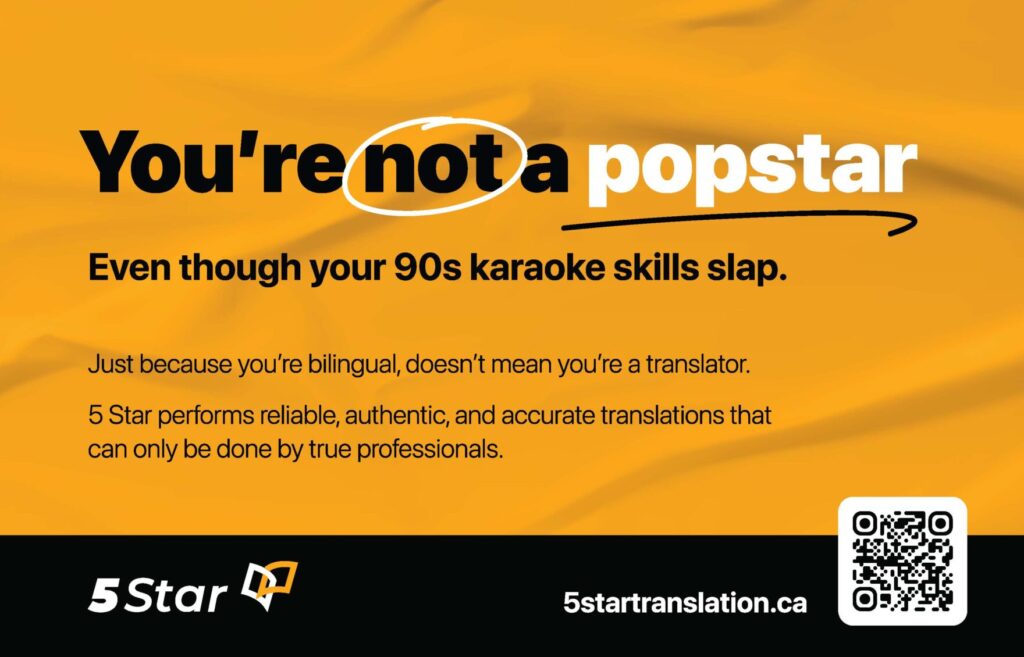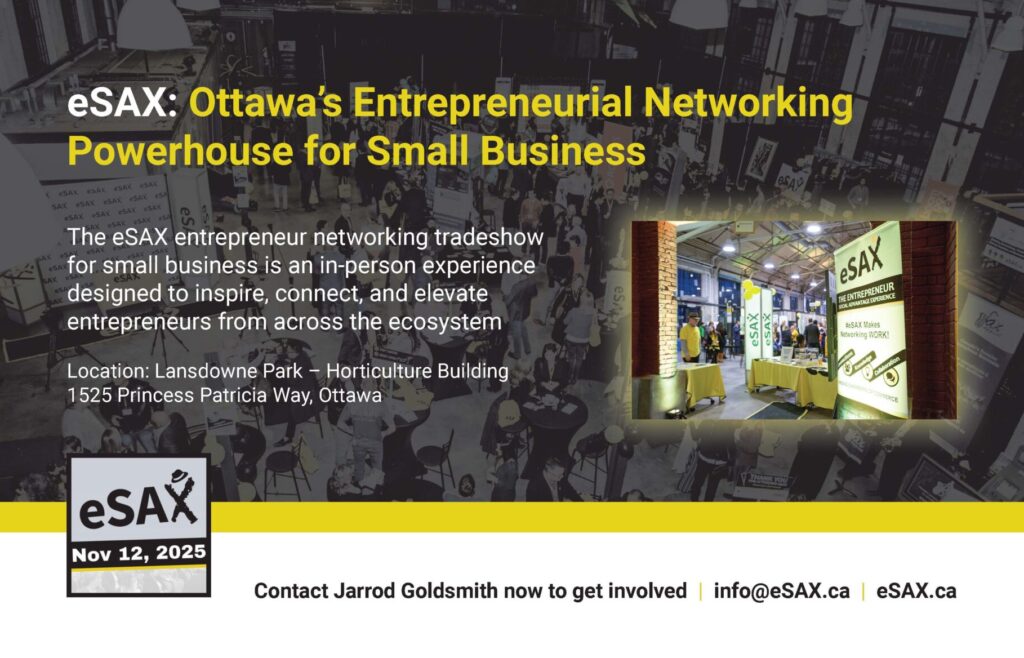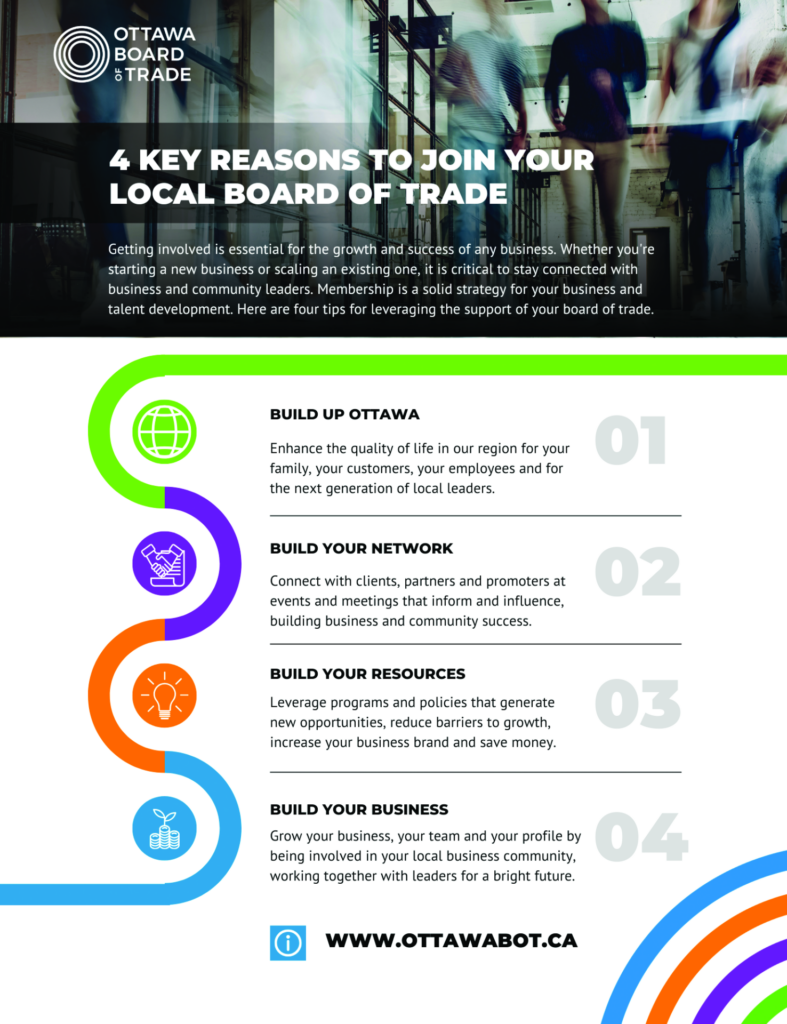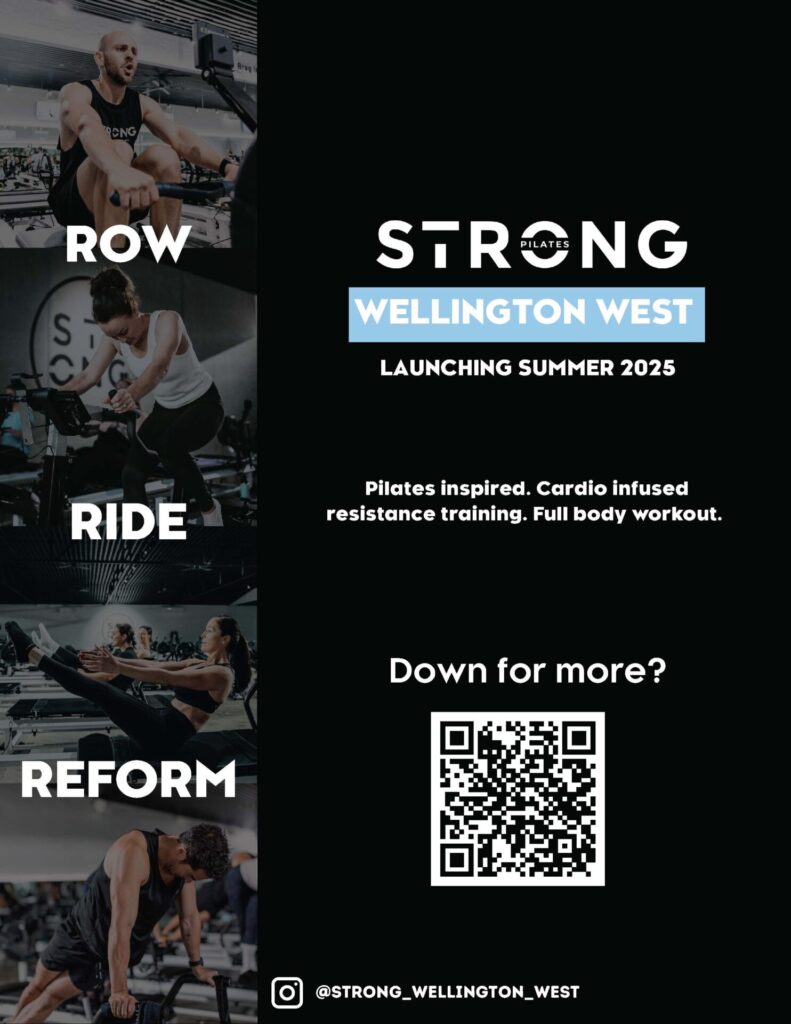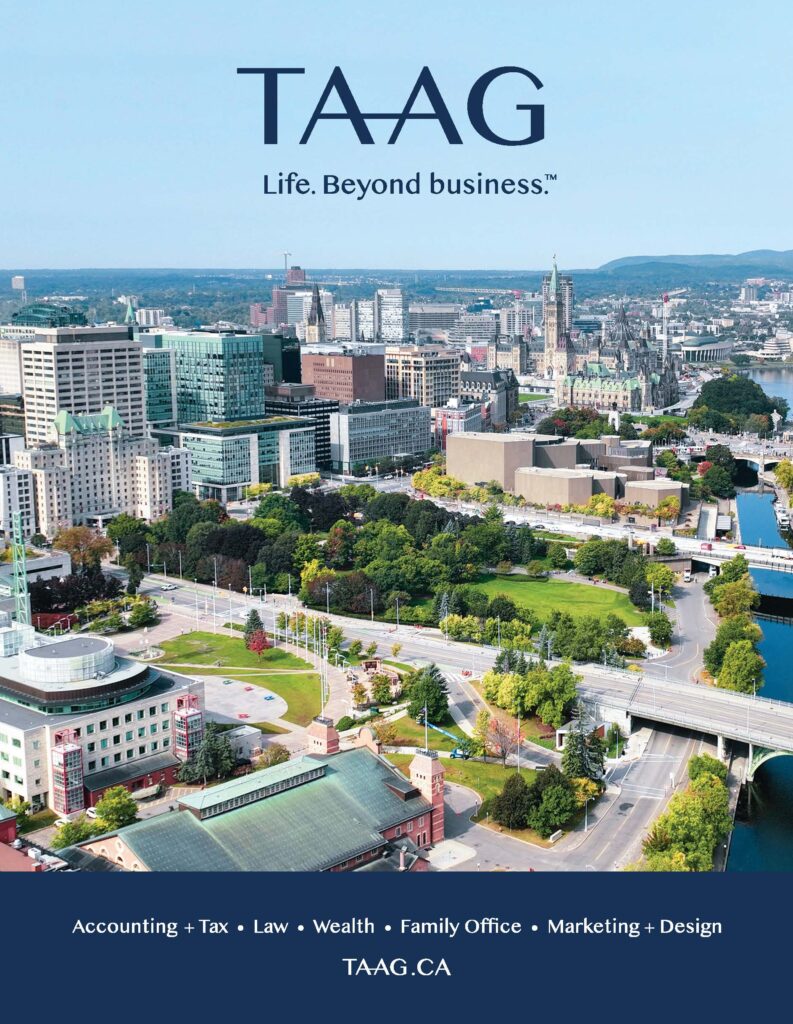Neil Squire Fights for Those Who Need Assistance

Sometimes a voice of support and a little extra backing in life can go a long way.
Neil Squire, a not-for-profit organization with offices across Canada, has been cognizant of that need since 1984. The organization was founded after its namesake Neil Squire, a 21-year old University of Victoria student and basketball star, crashed on a stretch of black ice and was left without movement in either his arms or legs or the ability to speak.
An older relative with an engineering background, Bill Cameron, endeavoured to provide Neil with a voice. Cameron and his team designed and installed a machine for him to communicate using Morse code. After Neil died in 1984, four years after his accident, the dedicated team that had developed this early computer technology wanted to provide the same opportunities for others in similar circumstances.
“Our mission is to empower people with disabilities to become more independent and self-sufficient, and valued members of society,” says Cheryl Colmer, Neil Squire’s Ottawa-based Central Regional Manager.
Neil Squire delivers employment programs, computer tutoring programs, and ergonomic and assistive technology services.
Colmer highlighted Working Together, an employment program that supports job seekers with a disability secure employment, and also assists the employers doing the hiring. Working Together is funded by the Government of Canada’s Opportunities Fund for Persons with Disabilities.
“When we get to the point with the job seeker where they’ve got a clear employment goal – that polished resume, the practiced interview skills, we support the job seeker to connect with employers,” explains Colmer. “Then we speak with an entrusted employer who sees the candidate as a valuable member of their team, to support the employer to make sure the proper accommodations are being put in place,” she adds.
This involves a holistic effort as Working Together draws upon the skills and expertise of 120 employees and 1,700 volunteers throughout the organization. For example, individuals who specialize in computer tutoring help to ensure the job seeker’s technology skills are relevant for the workplace. Members who specialize in ergonomics and assistive technology devices advise employers on having the right equipment in place to make the work environment comfortable.
While the traditional focus of Neil Squire has been on assisting those with physical disabilities, the organization also works with individuals with mental health issues, such as acute anxiety, to help them secure employment. Or they may intervene on behalf of somebody who is already employed but is having problems at work.
They also work with employers to help them recognize the problem and the solutions.
“We often hear employers acknowledge that they may not be aware they already have team members with a disability on staff. An employee may have an invisible disability they haven’t disclosed to their supervisor,” says Colmer.
Colmer says that individuals who have a physical or mental disability help to enrich the workplace because they add to the diversity within it.
“When people have lived with illness and injury and disability they develop a unique way of thinking and problem-solving. Having a different perspective really brings creativity to the team,” she stresses.
Neil Squire is running all programs virtually with no stoppage of services to clients due to COVID-19.
















